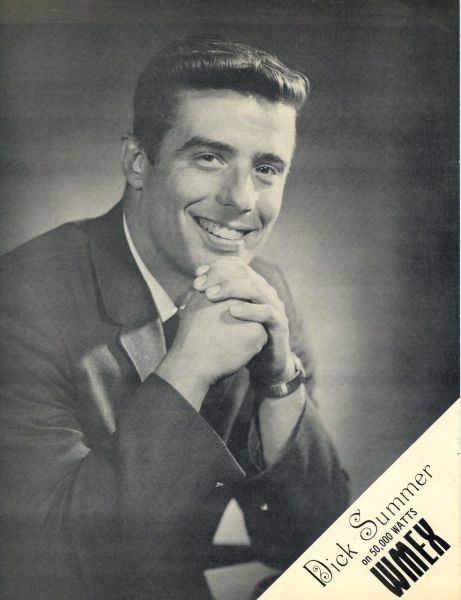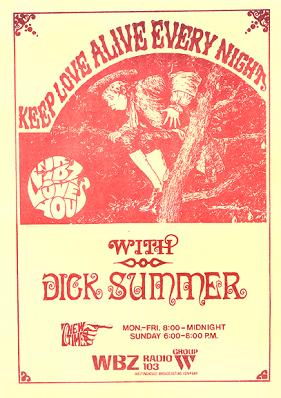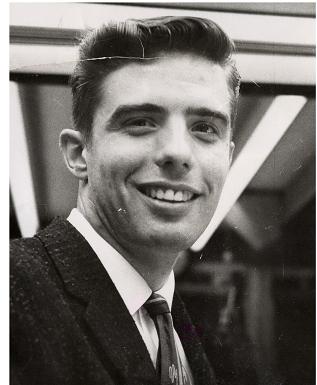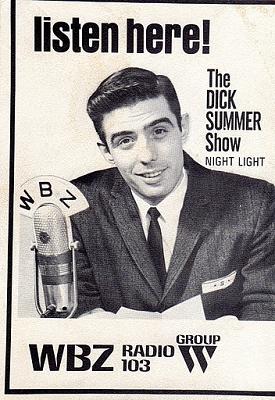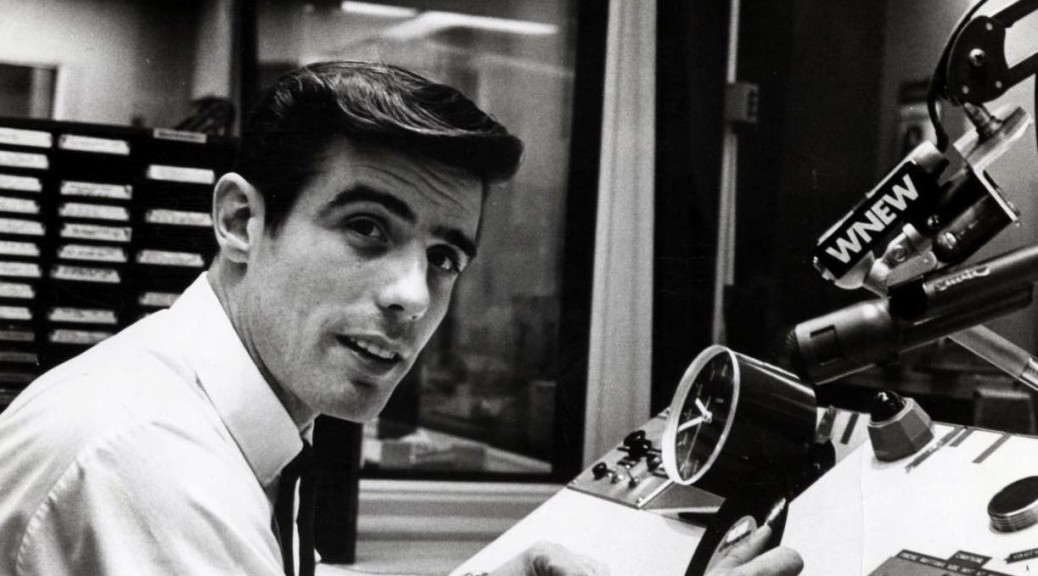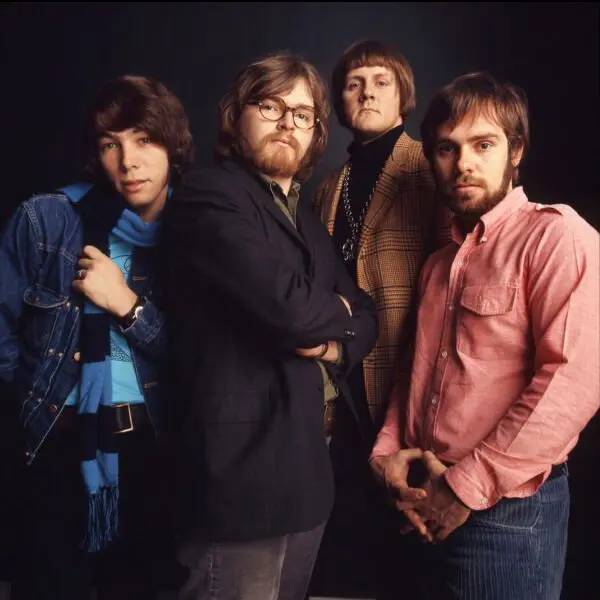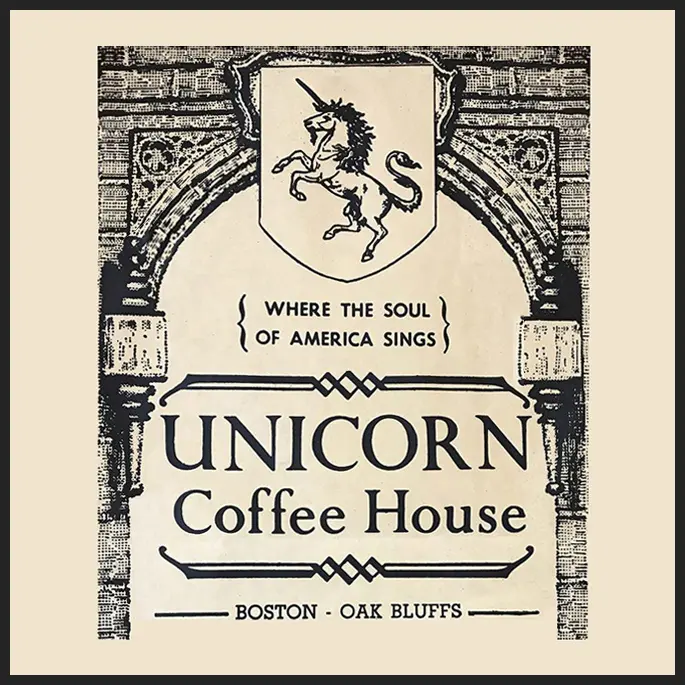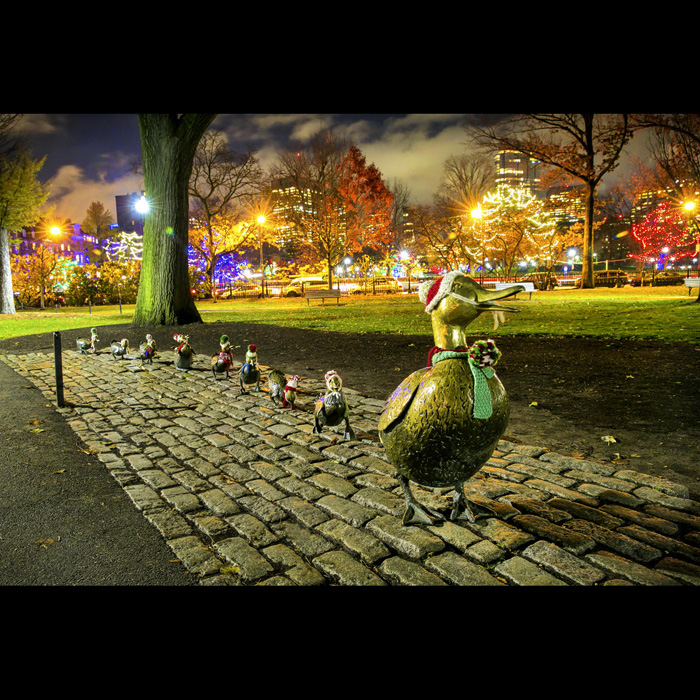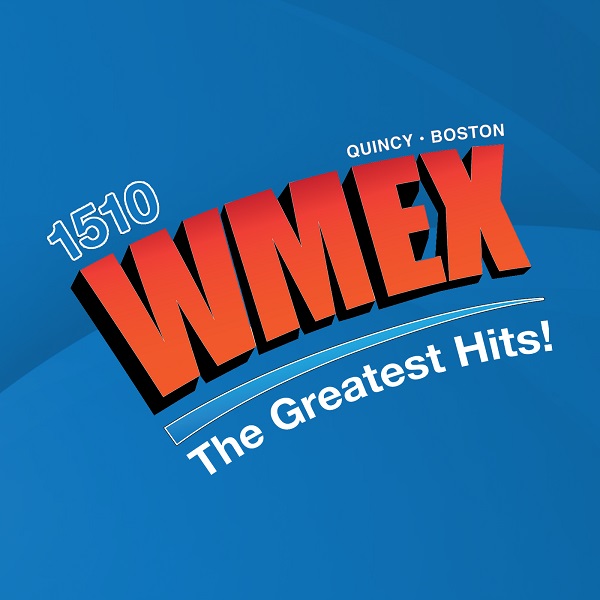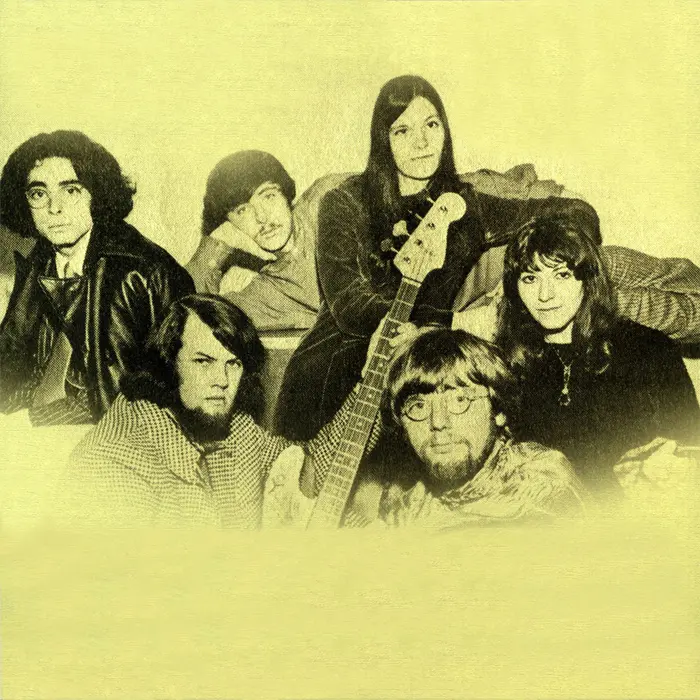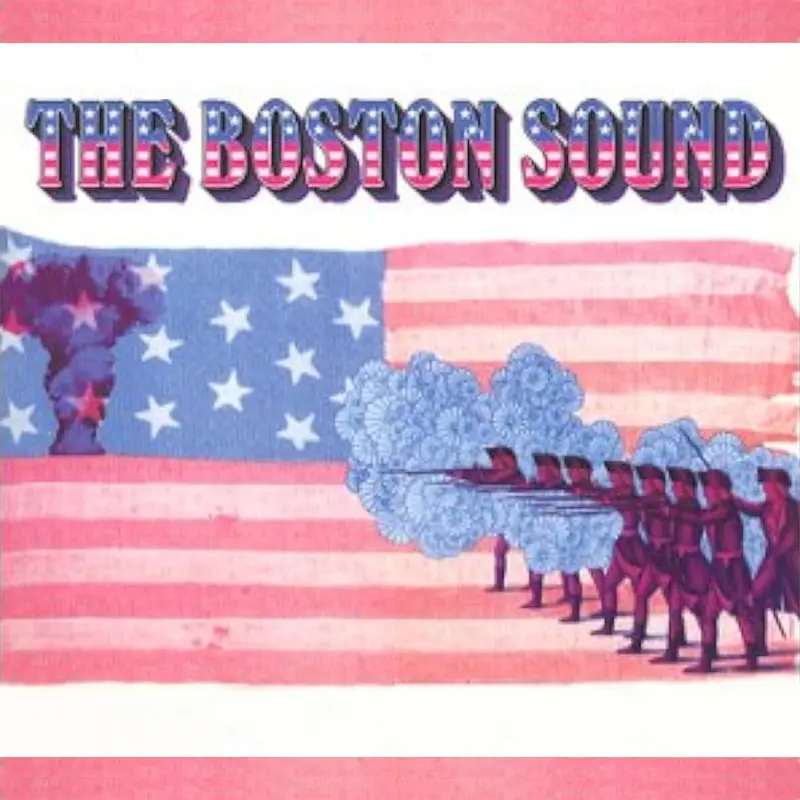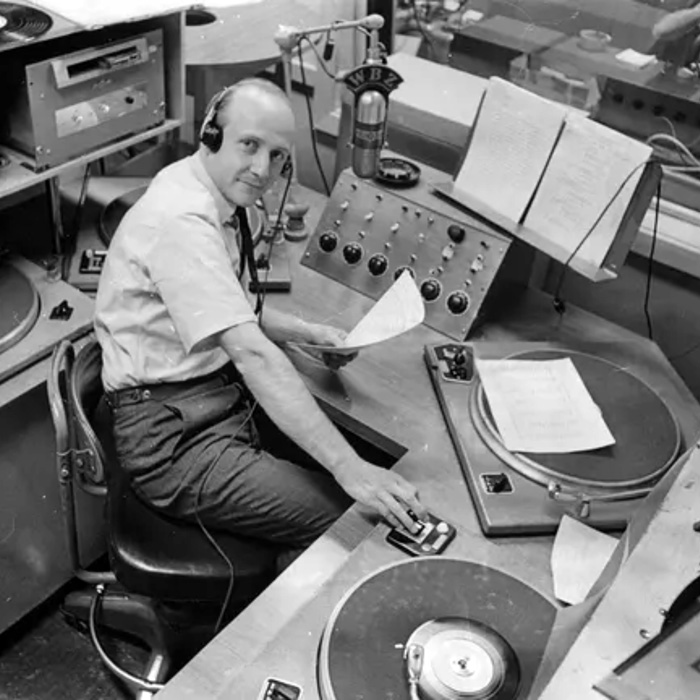Dick Summer
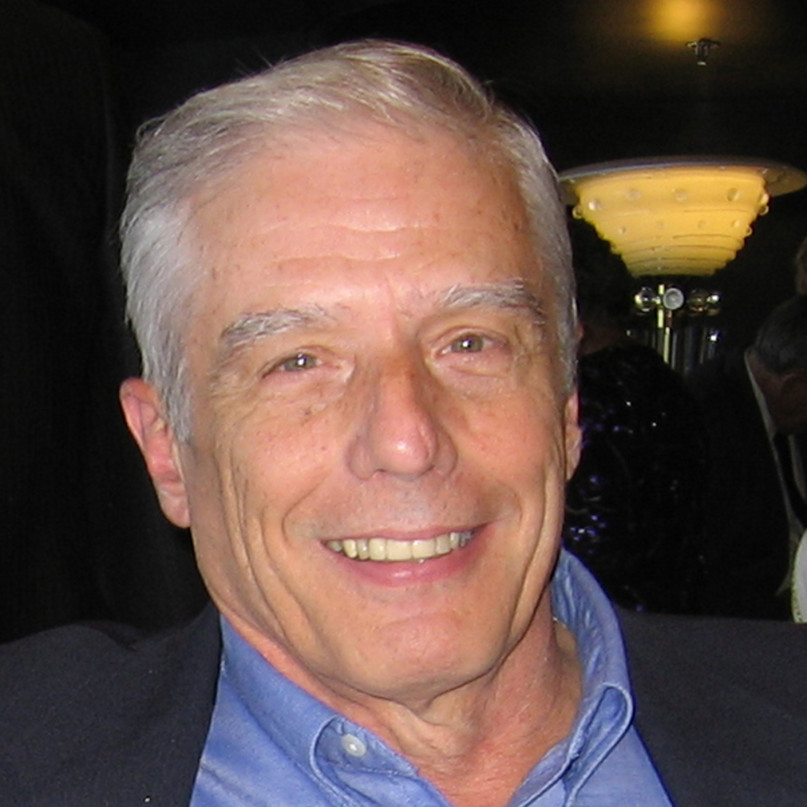
If you were listening to Boston radio in from the mid-1960s to the early ‘70s, chances are you remember WBZ and WMEX’s Dick Summer and his unique brand of “personality radio.” Working overnight shifts, which some station managers still considered unimportant, he proved beyond any doubt there was a large and loyal audience just waiting to be entertained, and he made them part of his radio family. Millions of college students, night owls and insomniacs thought of him as a friend and even now, more than five decades after he left Boston’s airwaves, many former listeners remember him with great fondness.
MUSICAL BEGINNINGS
Born in Brooklyn, New York, in 1935, Summer grew up in a musical home; his father was a church organist, a choirmaster and a music teacher. By the time he finished high school, he’d practically mastered several musical instruments, including piano and guitar, but he never planned on a career as a musician.
What he really loved was radio and he especially enjoyed listening to now-legendary on-air personalities like WNEW’s William B. Williams. But while he admired Williams tremendously, he didn’t expect to become an announcer himself. His mother hoped he would be a lawyer, which he briefly considered before deciding that studying law was not for him. He attended Fordham University in the Bronx, majoring in psychology and communications.
FIRST RADIO JOBS, WTEN-TV
While at Fordham, Summer began broadcasting on the campus radio station, WFUV. He landed his first professional radio gig at WNRC, a 500-watt station in New Rochelle (not far from the Bronx) and worked there until he graduated in 1956. By that time, he knew that he wanted to become a full-time radio deejay, which led him WROW in Albany, where he was a staff announcer while also hosting the Sunday morning newscast at sister station WTEN-TV. Among his on-air colleagues at WROW was Bruce Bradley; the two would work side by side again seven years later at WBZ in Boston.
WNHC, WIBC, WISH, WISH-TV
His next opportunity came in early 1957 at WNHC in New Haven, Connecticut, where he met Dan Ingram, who went on to a long and successful top-40 career at WABC in New York. But radio was not the most stable occupation; deejays were often fired and/or wound up going to other stations, as Summer soon learned, leaving WNHC in the summer of 1957 (some six months after his arrival) and landing at WIBC in Indianapolis, the city’s top-40 leader.
At WIBC, Summer started to see his popularity increase. On the air each night with a show he called Summertime, he played the hits, gave local bands some attention and included some features that his largely teen audience loved such as Make It or Break It; if the kids didn’t vote for the record, Summer broke it on the air – noisily, of course. He became well-known for his live broadcasts from a specially-built deejay booth on the roof of a local restaurant, Merrill’s Hi-Decker, and people loved his midnight stories, a feature where he would read a short tale to his audience; among his favorites was anything by Boston-born Edgar Allen Poe.
By September 1959, Summer had left WIBC, taking his Summertime show to another Indianapolis station, WISH. He also appeared regularly on WISH-TV, hosting a dance party. As he tells it, one night in Indianapolis, while driving to work and seeking out something interesting to listen to on his car radio, he heard WBZ’s signal; then, as now, ‘BZ was a 50,000-watt powerhouse reaching more than 30 states at night. Suddenly, he recognized a familiar voice on the air – his former WROW colleague Bruce Bradley’s.
JOINING WBZ, OVERNIGHT SHIFT
Summer loved the way WBZ sounded and was longing to return to the East Coast so he sent a tape to the program director, Al Heacock. (In those days before the Internet, announcers sought new jobs by sending an audition tape, usually on a cassette, which featured examples of their on-air work.) When Heacock failed to respond, Summer was undaunted and continued to send tapes until finally Heacock contacted him and flew him to Boston for an interview. By early 1963, Summer was airing live from the ‘BZ studios.
Unlike many announcers who only wanted to be on during the day or the early evening, Summer saw exciting possibilities in doing the overnight shift since he believed he’d have more freedom to experiment and create something that people would want to stay awake to hear. From the get-go, emulating the style of his radio hero William B. Williams, he wanted his listeners to feel like he was talking directly to them – not at them – and make them feel welcome whenever they tuned in. And, naturally, he wanted to entertain.
NIGHTLIGHT, NIGHTLIGHTERS AGAINST GUTLESSNESS
Summer’s Nightlight show was more than just music, as it included a variety of special features, some with a serious message and others with a very light-hearted one. On the fun side were the characters he created like Irving the Venus Fly Trap and Theopolous Q. Waterhouse; his “Girl Watcher” and “Boy Watcher” Club; his comedic campaign to have the “sandwich” renamed the “shrewsbury,” since supposedly it was the Duke of Shrewsbury (not the Earl of Sandwich) who invented the popular food item (“Down with sandwiches! Up with shrewsburies!” was the slogan); or giving listeners a chance to recite the “Nightlight Password” (“One hen, two ducks, three squawking geese…”). He often recited poetry on the air, his version of Alfred Noyes’ “The Highwayman” becoming particularly popular among his fans.
On the serious side, Summer spoke out unflinchingly against people who did nothing when they saw a crime being committed. Inspired by the 1964 murder of 28-year-old Susan “Kitty” Genovese in New York City – whose life might have been saved if her neighbors, who witnessed her being attacked, had called the police rather than saying they “didn’t want to get involved” – he started NAG (Nightlighters Against Gutlessness) and encouraged listeners to always carry a dime so they could make a phone call to report emergencies they witnessed. (Back then, over 30 years before mobile phones were common, it cost a dime to make a local call from a phone booth).
RECORD HOPS, FOLK PROGRAM, THE BOSSTOWN SOUND
And as he had done in Indianapolis, Summer also hosted record hops and made regular personal appearances at other event throughout the Boston area. And he continued a tradition that had begun in the early ‘60s with the folk-music craze; there had been a Sunday night program on WBZ called Hootenanny (originally hosted by Jefferson Kaye) and by the mid-‘60s Summer was hosting such programs himself, including one broadcast from the Unicorn Coffee House, one of several folk meccas in Boston and Cambridge.
Meanwhile, popular music was changing dramatically in the mid-1960s, as psychedelic rock and so-called “underground” music became significant rock ‘n’ roll subgenres and saw regular airplay on FM and college stations across the US. WBZ was airing a middle-of-the-road music format at the time but Summer introduced his listeners to newer, edgier rock tracks on his show, which helped ‘BZ compete with WMEX and WRKO, both of which aired a rock-dominant top-40 format.
In early 1968, he became one of the first Boston deejays to champion local bands including Orpheus, The Beacon Street Union and Ultimate Spinach that signed with MGM Records as part of the Bosstown Sound initiative promoted by producer Alan Lorber. While those artists didn’t take off nationally the way they did locally, untold numbers of rock fans tuned into Summer’s Sunday night program Subway to hear their latest tunes. Ultimate Spinach were so grateful for Summer’s support that they dedicated their first album to him.
WNEW, WMEX, LOVIN TOUCH, POETRY BOOKS
In mid-1968, Summer returned to New York City to work at WNEW, but his time at the station was brief since management decided they wanted to put vocalist Julius LaRosa on the air; Summer was fired to make room for him and returned to Boston, joining WMEX in late May 1969 as program director. Applying the keen understanding of psychology that he gleaned during his Fordham years, he created an in-studio ethos called “the human thing,” which featured songs with lyrics he believed would resonate with listeners on a deeply emotional level; the concept was perfectly suited to the introspection and sensitivity of the nascent singer-songwriter era.
Summer hosted his own show, Lovin Touch, on which he combined music and poetry, including some of his own verses. His audience responded so favorably that he self-published his first book of original poems, The Lovin Touch, in April 1970. In 1971, Subway Productions published a second volume, Together: Lovin Touch, and in 1973 Random House published Lovin Touch III.
RETURN TO WBZ, NEW YORK CITY, POST-RADIO ACTIVITY
After leaving WMEX in mid-1971, Summer returned to WBZ, where he hosted a weekend show. By early 1972, however, he was back on New York City radio, at WPLJ, then WNBC and WYNY. Later in his career, he spent some time working as a hypnotherapist before starting to do voice overs on radio and television commercials. (Those of a certain age may recall hearing him on the ones for the law firm Binder & Binder).
After leaving full-time deejay work, Summer remained actively involved in the broadcasting industry, continuing to voice commercials, creating a series of audiotape vignettes (Night Connections) and hosting his own podcast (“Good Night”). A masterful storyteller and an excellent example of “personality radio” the way it used to be done, he continued to seek out new ways to reach out to his audience, exactly as he did on WBZ and WMEX in Boston in the ’60s and ‘70s, until his death on May 14, 2024 at age 89. Obituary links appear below.
(by Donna Halper)
Former deejay, music director and radio consultant Donna Halper is a Boston-based historian who has spent over three decades as a professor, teaching media-related courses at Emerson College, the University of Massachusetts and Lesley University. She’s the author of six books including Boston Radio: 1920-2010 (Arcadia Publishing, 2011) and has written articles for a variety of publications. Dr. Halper was inducted into the Massachusetts Broadcasters Hall of Fame in 2023.

